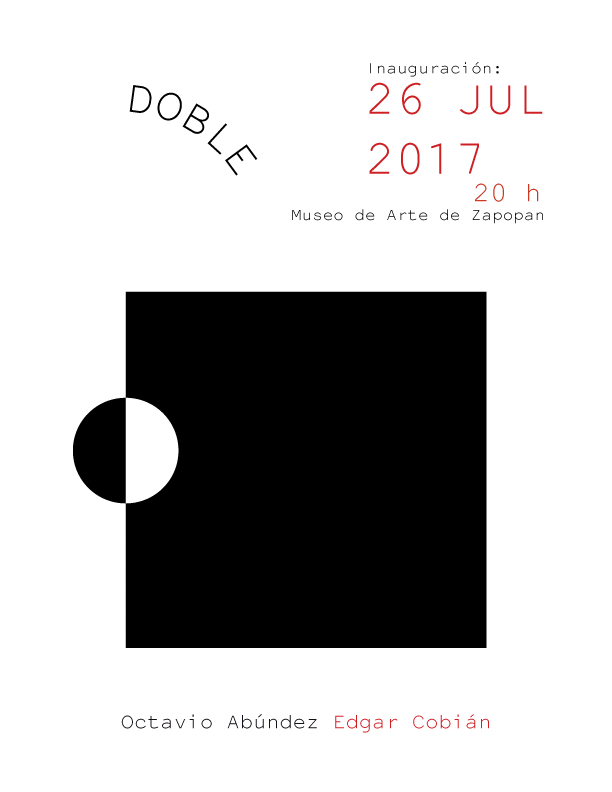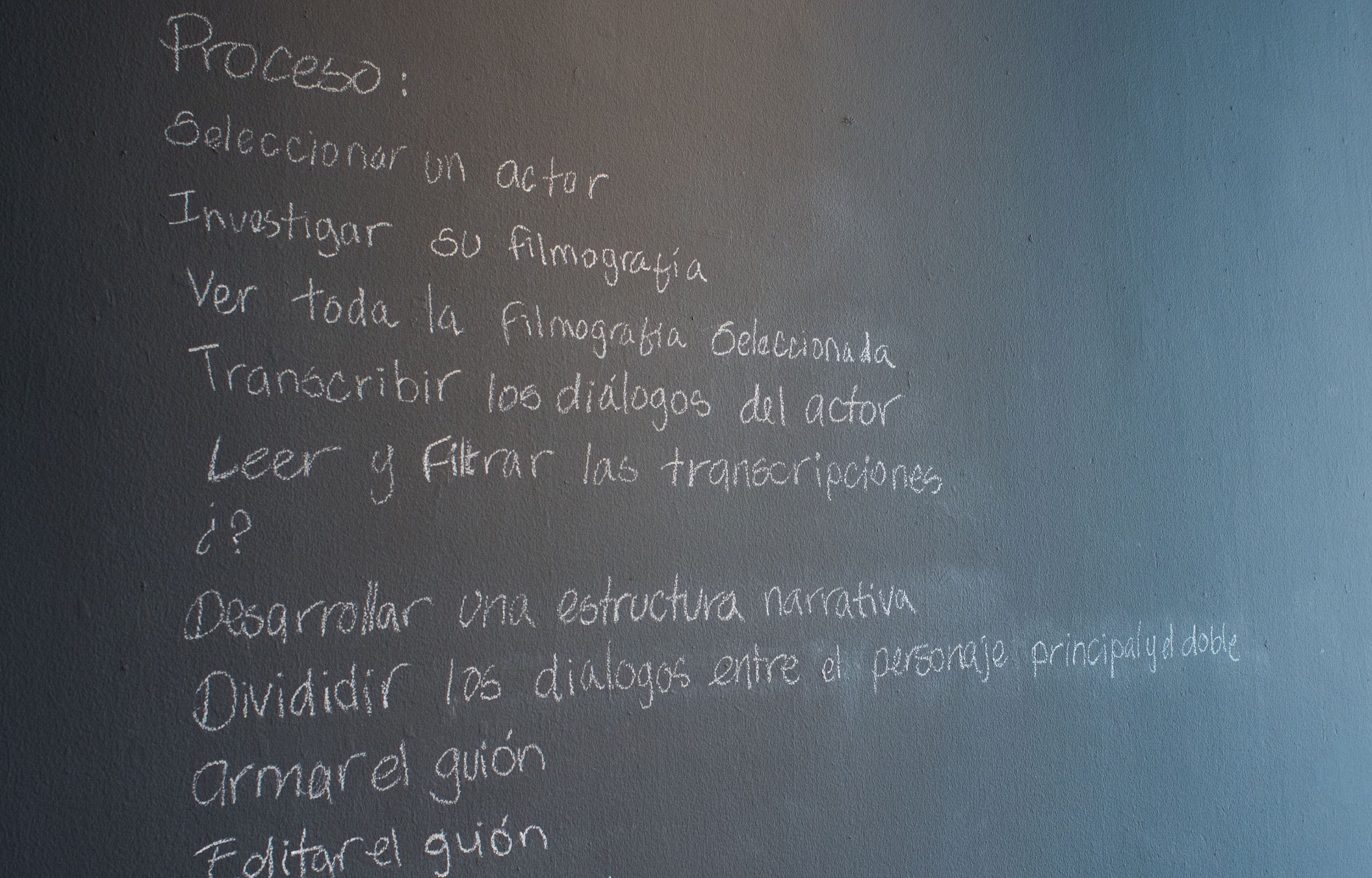
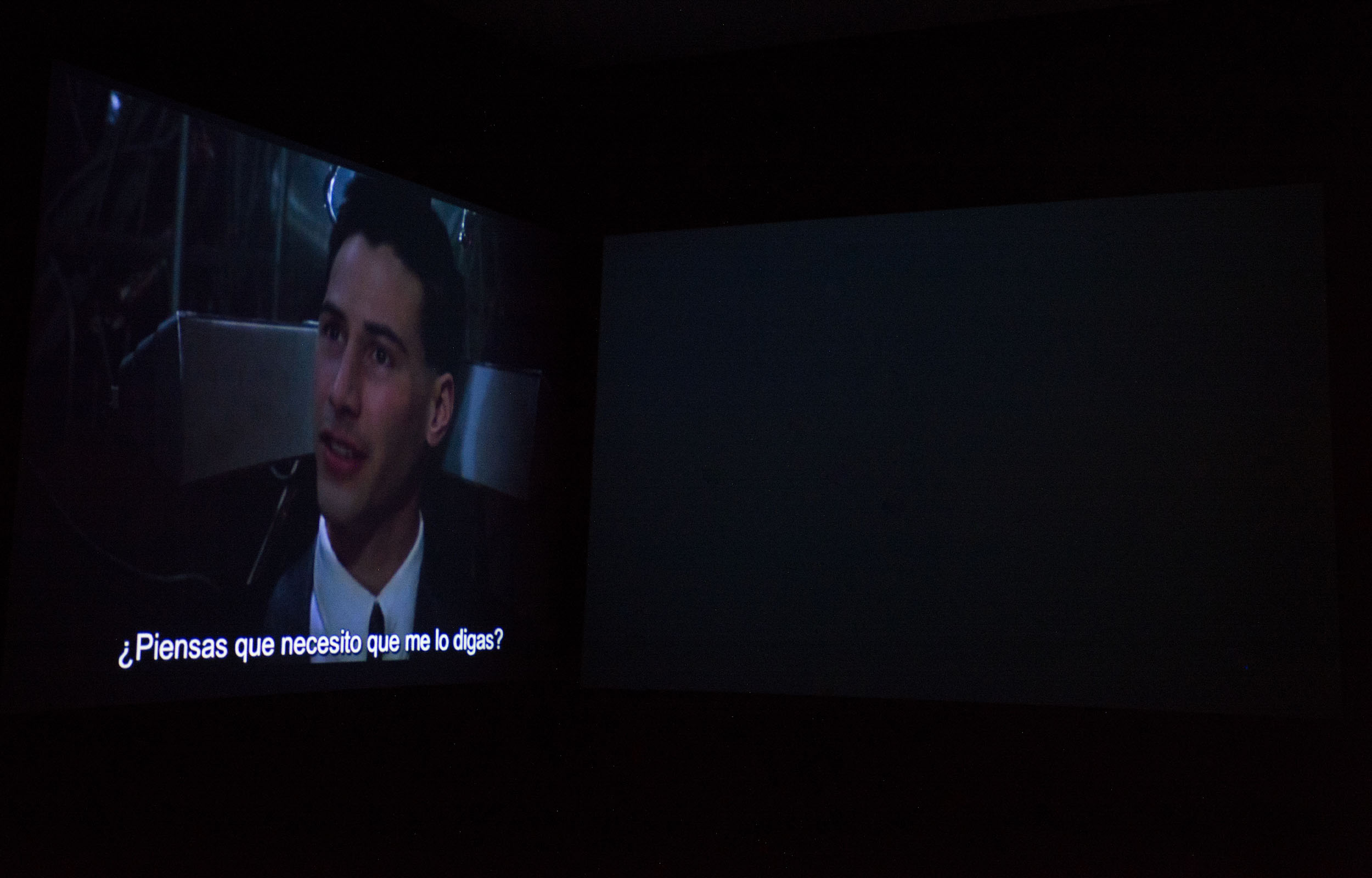
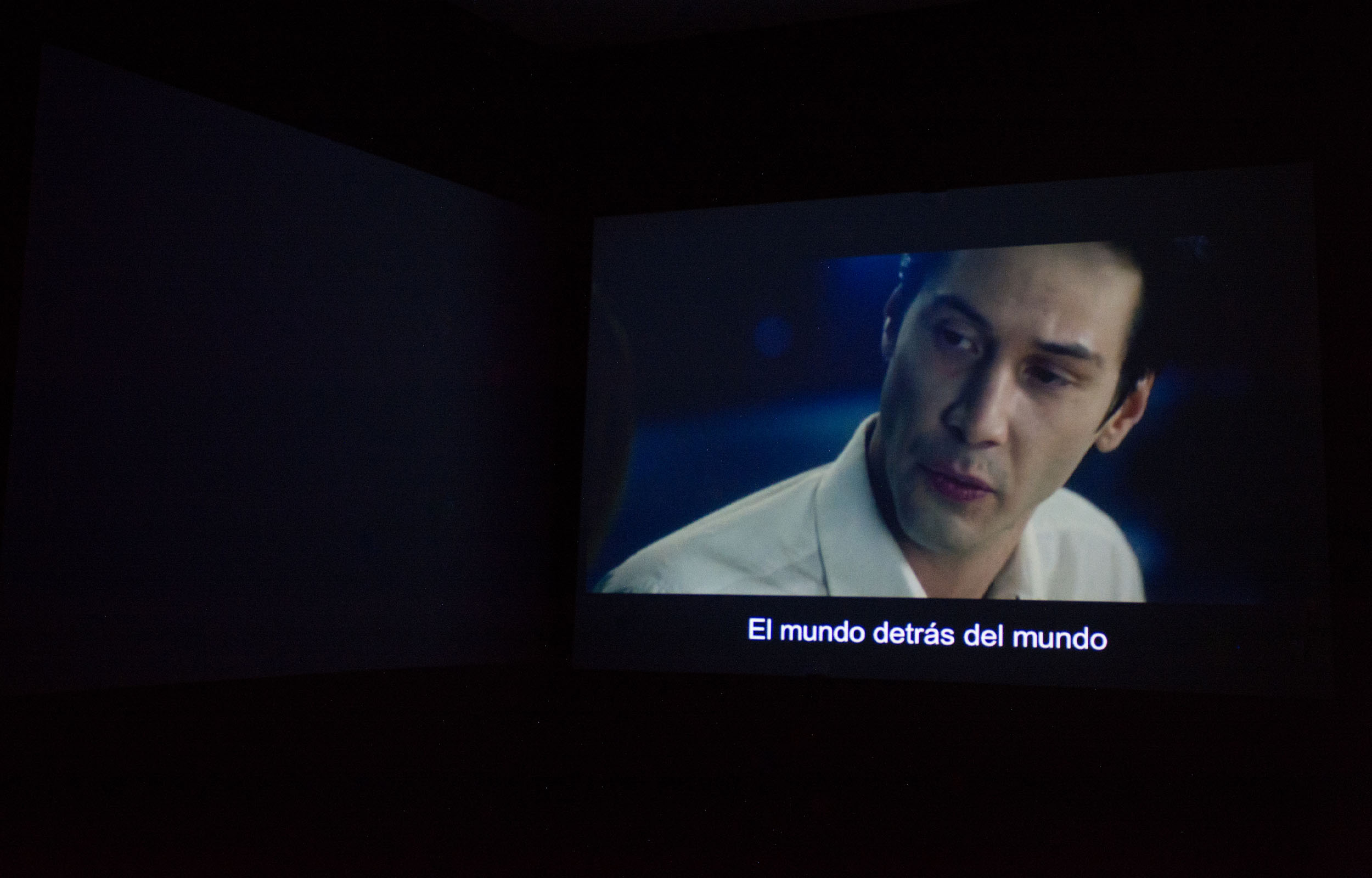
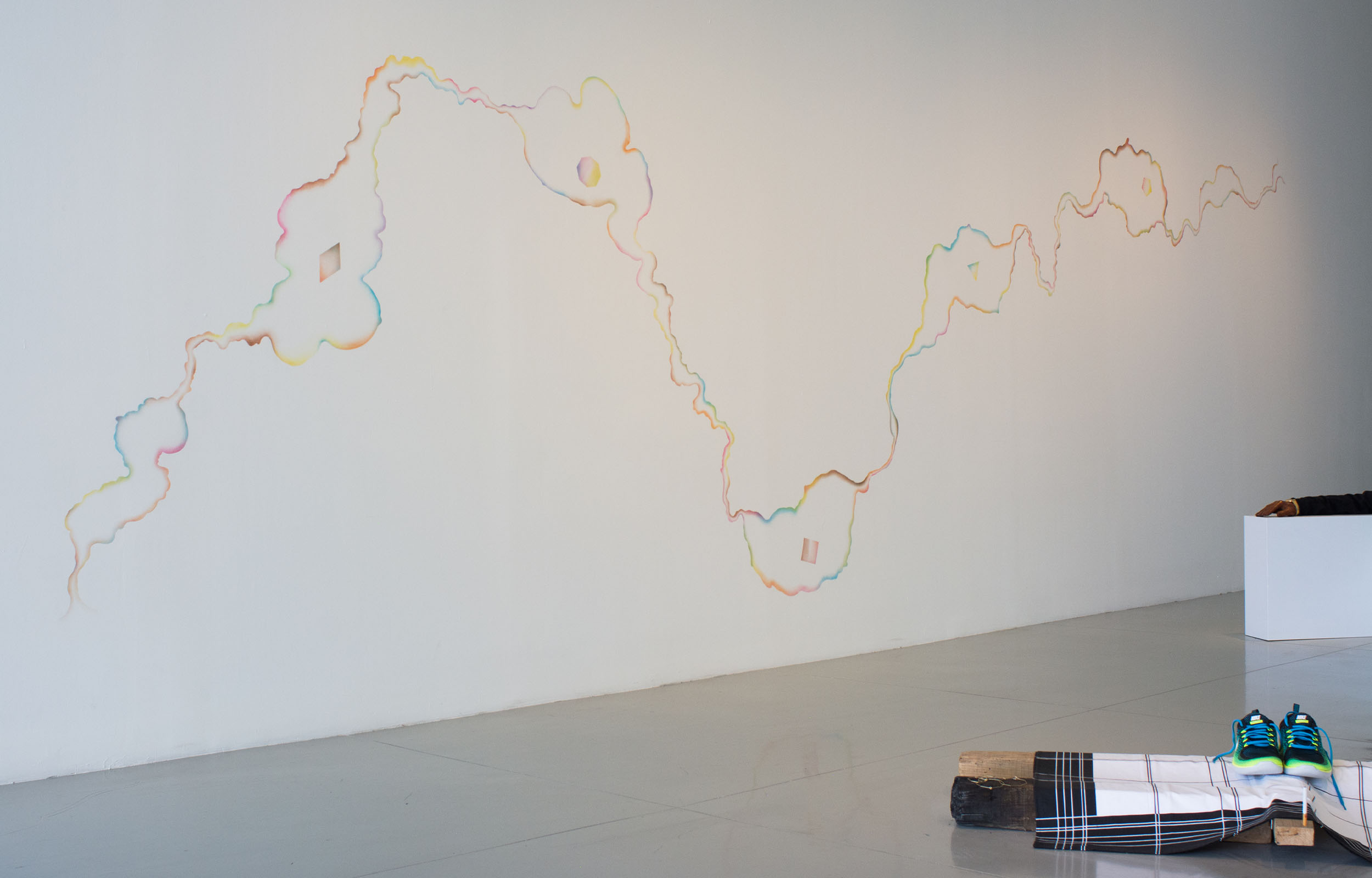
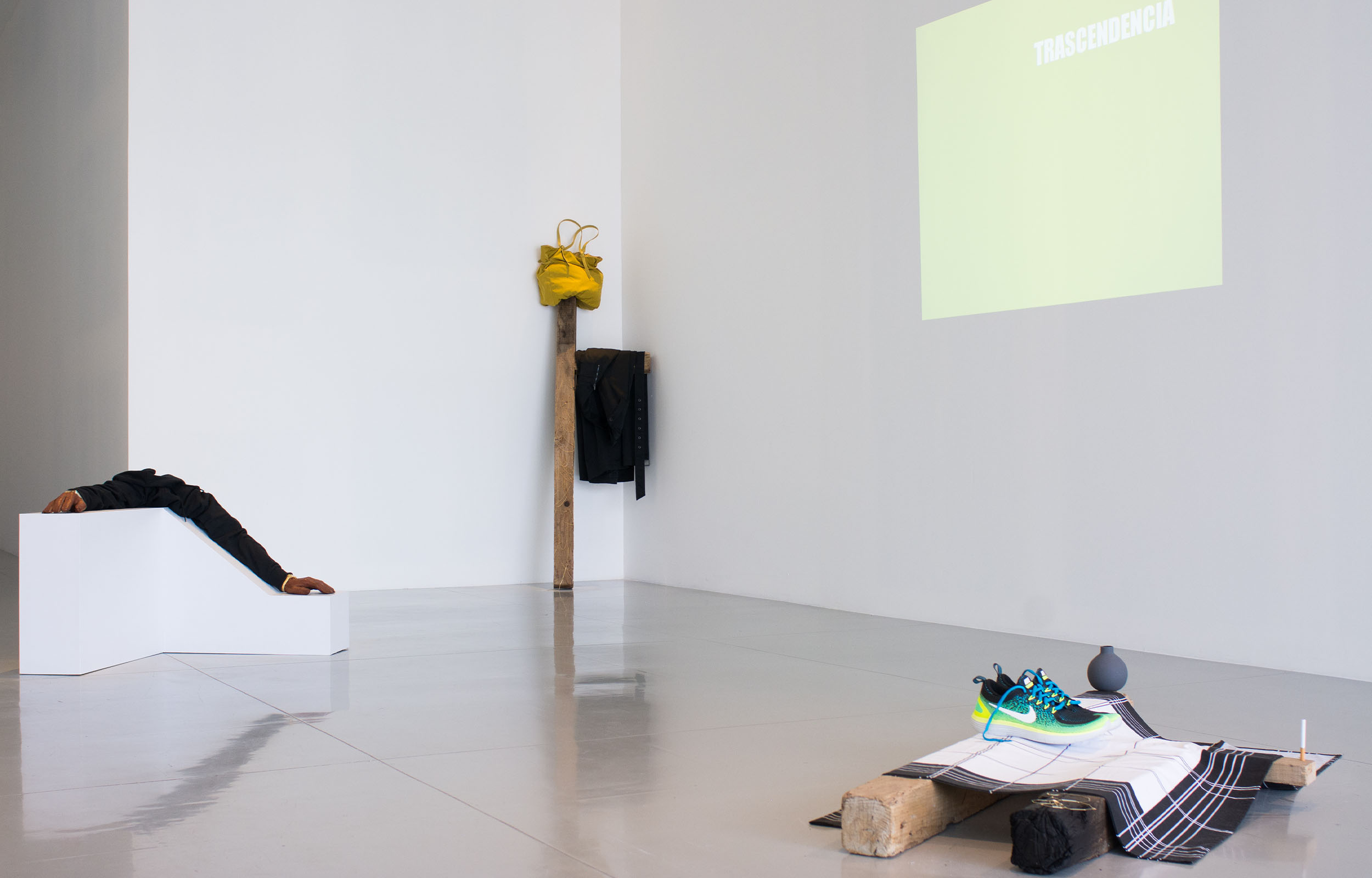
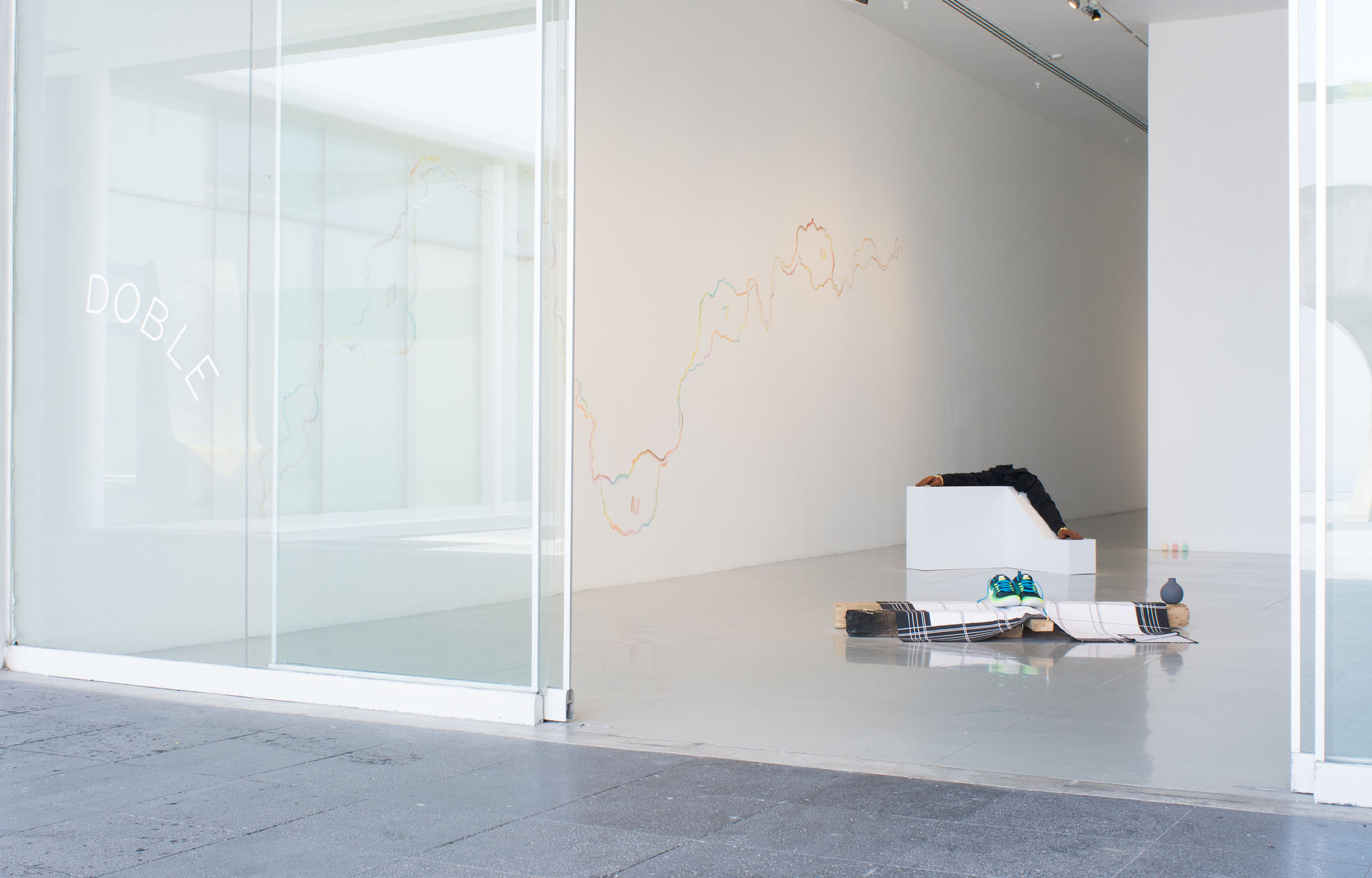
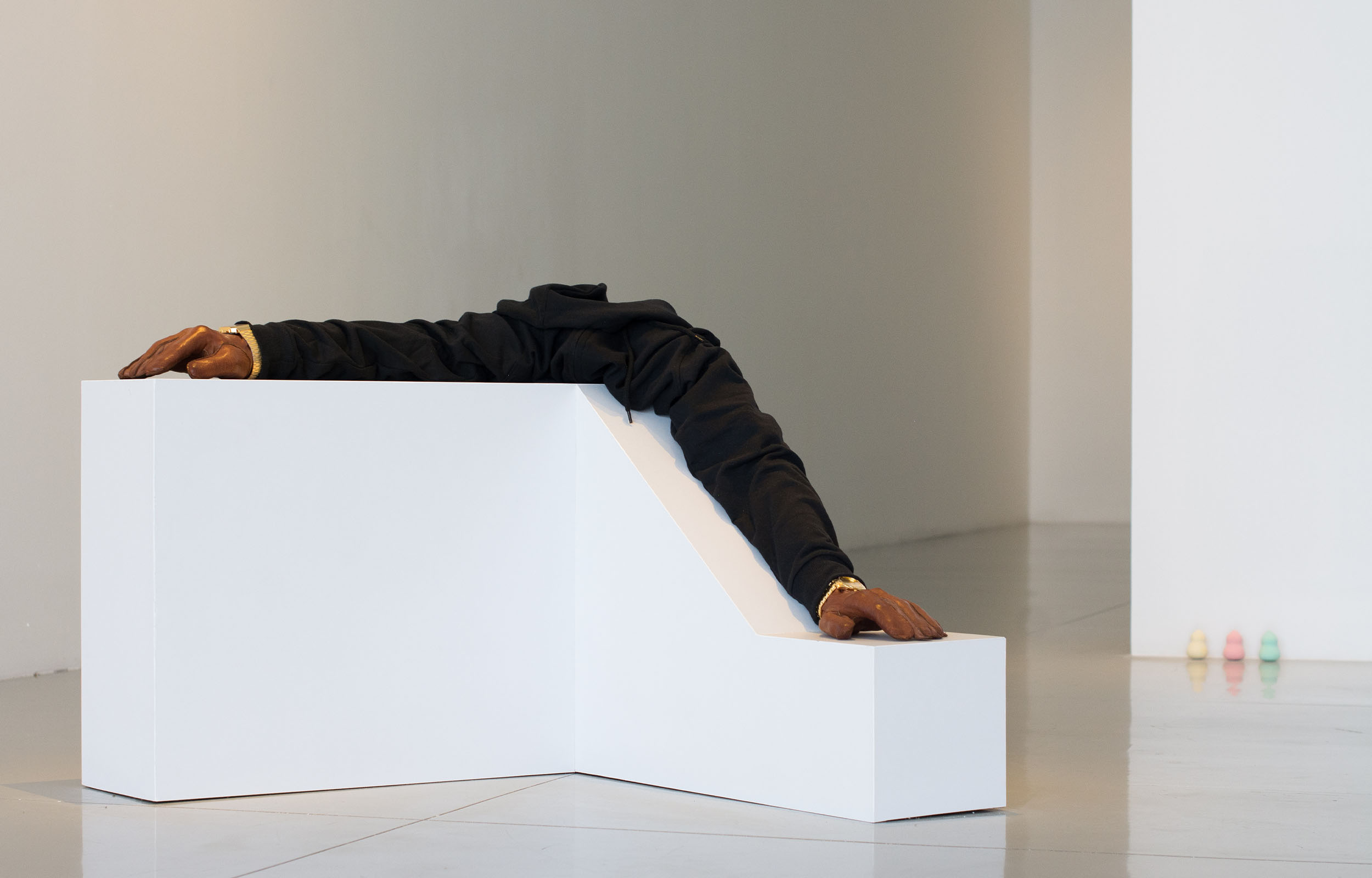
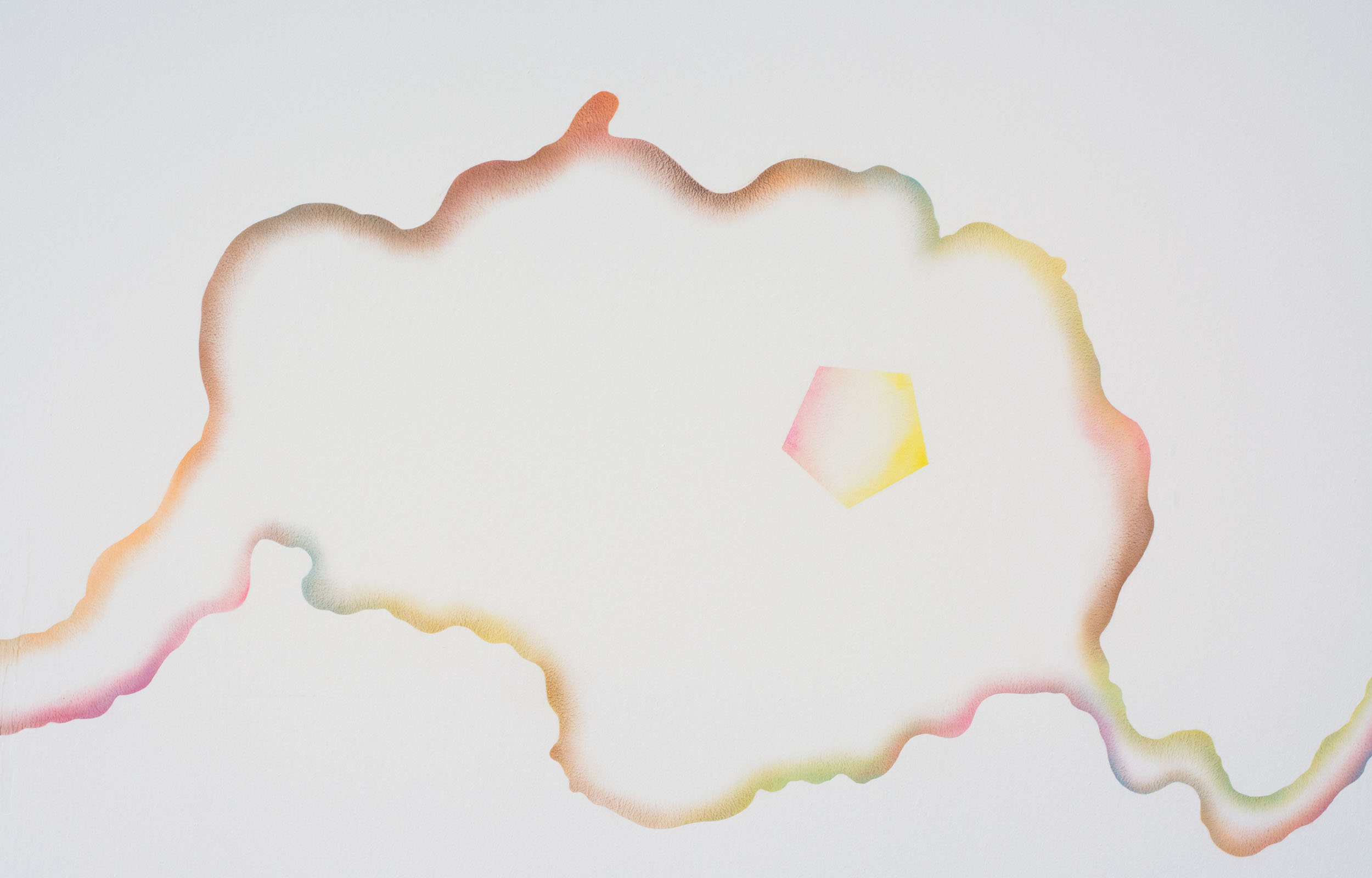
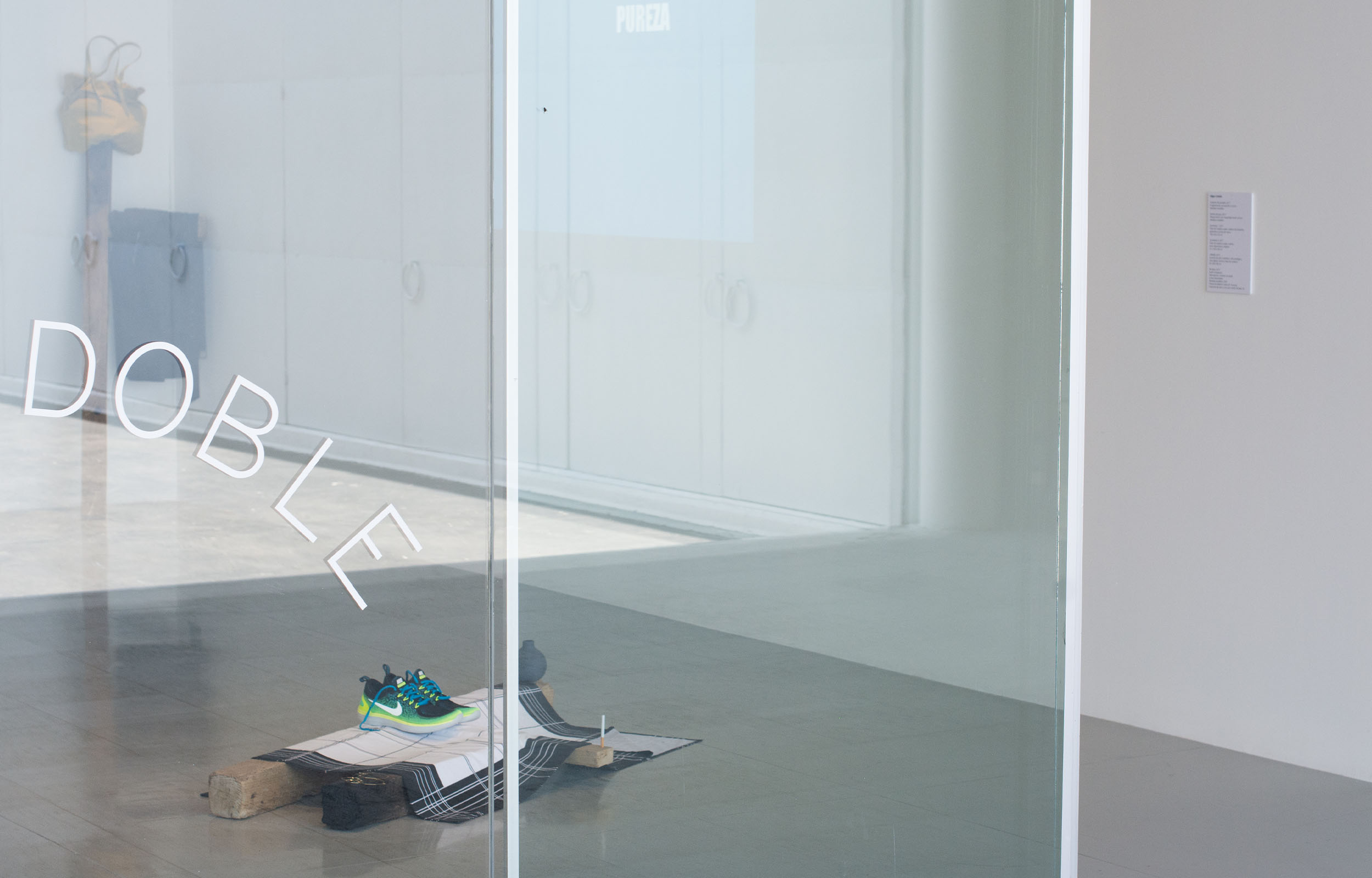
Doble: Sed del infinito | Octavio Abúndez y Edgar Cobián
Del 27 de julio al 6 de noviembre de 2017
Curadora: Viviana Kuri
Con esta muestra el MAZ inicia el programa Doble el cual plantea que los artistas produzcan a partir de un mismo tema y exhiban en un mismo espacio dividido de manera tajante. El acuerdo impide que trabajen en colaboración, el ejercicio consiste en que cada quien haga una propuesta personal y en ningún momento crucen procesos. Doble plantea una serie de reglas para alcanzar una confrontación de ideas, un diálogo entre dos visiones de un mismo concepto, la unión de posturas que se mantienen distintas y en su variación amplían la posibilidad de entendimiento. Intencionalmente se rehúye al moralismo colaborativo entendiendo a éste como la posición que defiende que sólo aquello que hacemos colaborativamente es bueno, y que impone una valoración positiva de cualquier práctica interactiva, dejando la valoración sobre el contenido de aquello que nos proponemos. Rechazamos el moralismo colaborativo que condena como poco recomendable la acción solitaria, la idea singular, el trabajo personal y la resistencia en primera persona.
“La colaboración se convierte en la base de un nuevo moralismo cuando se pone en el centro de una maquinaria de producir consenso y participación acrítica”. Marina Garcés.
Para la primera edición de Doble los artistas ofrecen dos visiones acerca de la búsqueda de la propia identidad en nuestra época; es decir, del cómo estar en el mundo, de cómo enfrentarse al vacío. Según Gilles Lipovetsky, la era contemporánea favorece la ligereza de la pluma: la de la frivolidad, el entretenimiento, la rendición a la novedad, al deseo y al placer inmediato. Transitamos por la superficie de las cosas en las que rige lo efímero, somos individualismo total, neonarcisistas para los que el sentido del deber ha quedado anulado ante el imperativo de la realización del yo, del encuentro con el bienestar.
Hoy los sentimentalismos son de mal gusto. Hablar de la felicidad es campo restringido a los instructivos de autoayuda o a los insoportables programas norteamericanos de coaching. Sin embargo, Lipovetsky señala una diferencia entre la felicidad y el bienestar o felicidad light. “La felicidad remite al ideal antiguo de un acuerdo consigo mismo, hay en la felicidad una dimensión interior. Era la búsqueda filosófica de la sabiduría. La felicidad es la paz, la paz con uno mismo, la paz con el mundo, cuando nos gusta nuestra propia vida, hay una dimensión interior. El bienestar remite más bien a una dimensión material: la casa, el confort, los aparatos electrónicos, la salud… en nuestra sociedad tenemos cada vez más bienestar material, pero no forzosamente felicidad interior”. Pero el ser humano, dice, no es un mero consumidor, piensa, se compromete, crea… el bienestar material está muy bien, es necesario, pero no es suficiente, la ligereza no es condenable, pero no es suficiente para un proyecto social.
En la época posmoralista, según el filósofo, el deber se ha diluido por las solicitaciones del deseo y la moral ya no exige consagrarse a un fin superior que el de uno mismo. El bienestar pasa a estar por sobre el bien. Hay una profunda revolución silenciosa de la relación interpersonal, lo que importa ahora es ser uno mismo absolutamente, y el Otro pasa a ser indiferente. Pero, como alguien nos ha recordado, “yo no estoy solo”. Dicen que en hebreo “fabricar tiempo” es equivalente a invitar, entonces, para fabricar tiempo es preciso ser dos.
Viviana Kuri
